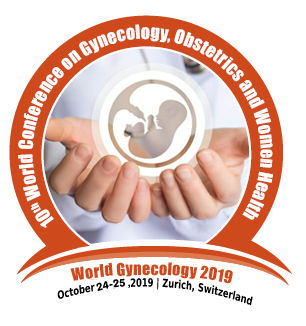
Gesine Kuespert Hearn
Idaho State University, USA
Title: No time, no money, no luck: Barriers to prenatal care among dalit women in rural Nepal
Biography
Biography: Gesine Kuespert Hearn
Abstract
Statement of the Problem: The World Health Organization (WHO) reports that around the world, about 830 women die daily because of complications during pregnancy and childbirth. Those deaths are preventable and according to the WHO, adequate prenatal care can reduce maternal deaths. Most maternal deaths occur in developing countries, especially in rural areas. In Nepal, a large gap exists between non-dalit and dalit women in regard to maternal mortality and prenatal care. Especially rural dalits are far behind non-dalits in utilizing prenatal care. The purpose of this study was to explore rural dalit women’s prenatal practices and barriers to accessing prenatal care.
Methodology & Theoretical Orientation: This is an exploratory study of prenatal care among dalit women in rural Nepal. We interviewed eleven dalit women per phone using a semi-structured interview schedule.
Findings: Interviews revealed that lack of cultural and economic capital, unequal domestic and economic burden, and gender and caste discrimination impact the use of prenatal care. The participants carry the economic and domestic responsibilities for their families. Since the participants’ work is not paid or underpaid, it is hard for them to provide adequately for their families. The financial and domestic burden is impacting women’s health. They do not
get enough rest and food and do not have time or money to see a doctor or healer.
Conclusion & Significance: The lack of cultural and economic capital among dalit women not only explains their poverty but their lack of prenatal care. Therefore, one way or the other, the lack of prenatal care among rural dalit women is due to poverty which creates significant barriers to accessing prenatal care services. The use of prenatal care might be improved by informing women about free services and incentives, better access and transportation,
and heightened sensitivity to the situation of these women

